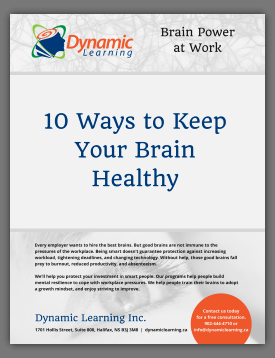- Cut out looking bright screens early in the evening. Children in the developed world are spending more half of their waking lives looking at a screen. Persuade your whole family to join you in locking your electronic devices away from every bedroom.
- Keep a regular schedule. Go to bed and get up at the same time every day, including weekends.
- Avoid caffeine, nicotine and alcohol. Caffeine and alcohol can interrupt sleep. Those who smoke have more difficulty getting to sleep and wake up more often at night, compared to non-smokers.
- Take some time to relax and unwind before going to bed. Develop a sleep routine. If you do the same things before you go to bed each night, it will train your body to get ready for sleep.
- Make sure your room and bed are conducive to sleep. If you’re not sleeping well, it may be time for a new mattress. Your bedroom should be dark, cool and quiet. You can get light blocking blinds from IKEA for less than $10 each.
- If you’re having difficulty sleeping, get out of bed. Go into another room and do something relaxing until you feel sleepy. Worrying about falling asleep actually keeps many people awake.
- If your thoughts keep you awake, try getting up and writing them down.
If you follow these guidelines every night for the next six weeks and you’re still having trouble sleeping, talk to your doctor. You may have a medical condition that’s affecting your rest. Also, check if the medications you’re taking have an effect on your sleep.
Remember, when you lack sleep you’re not only working at half-power, you have increased your chances of having an accident. And having an accident can cause brain injury. In the United States, traumatic brain injury (TBI) is a leading cause of death for people under the age of 45. Approximately five million Americans currently suffer from some form of TBI disability. Most TBI’s are caused by motor vehicle accidents, falls, and sports injuries.
Not enough sleep leading to a momentary lapse of attention could leave you struggling with a brain injury for the rest of your life. Don’t miss out on your precious sleep.


